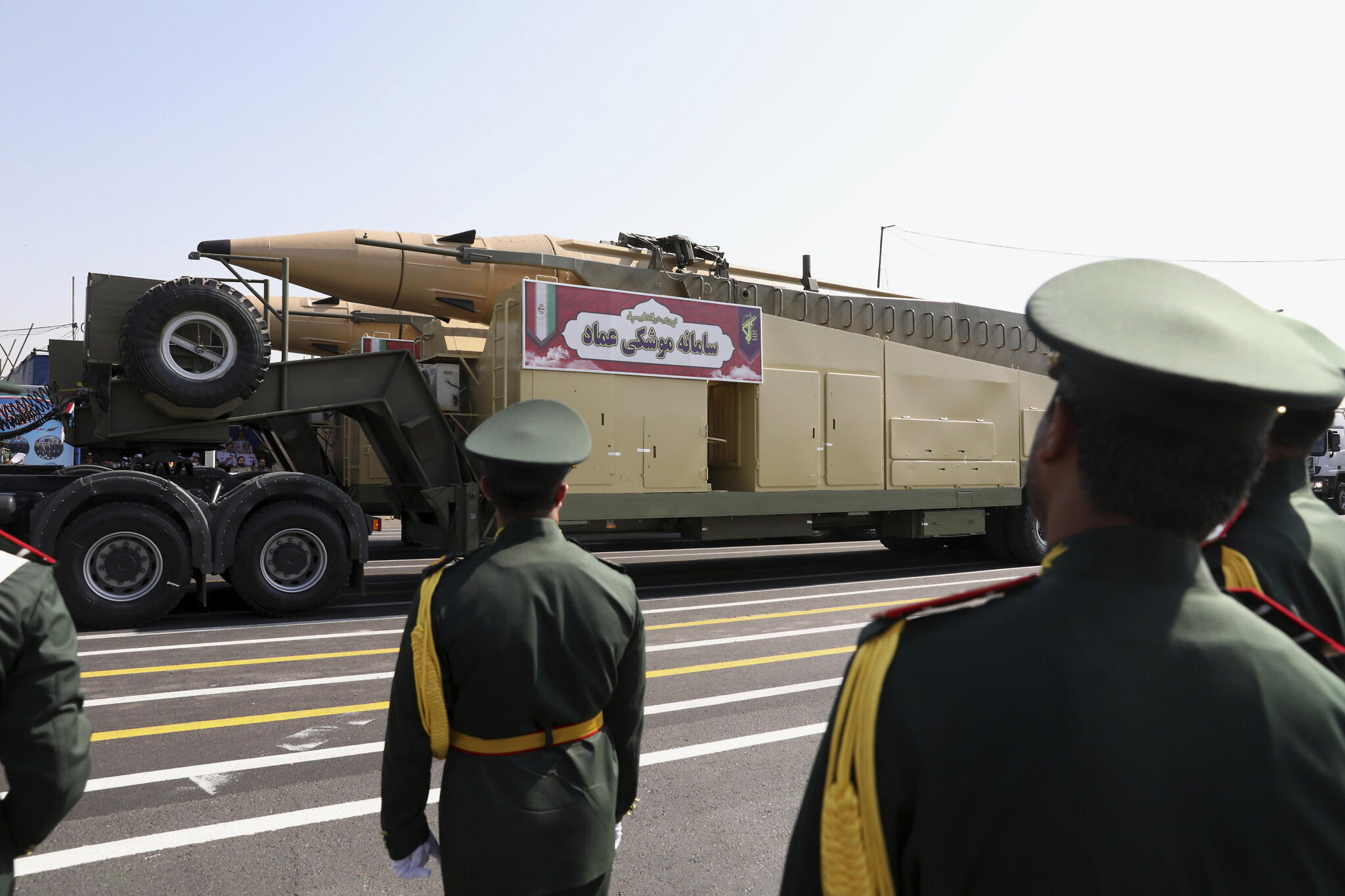Two European intelligence sources informed Reuters that hundreds of the satellite-guided weaponry would soon be delivered to Russia for use in its conflict in Ukraine. The sources also stated that dozens of Russian military personnel are undergoing training in Iran to operate the Fath-360 close-range ballistic missile system.
The Iranian government-owned Aerospace Industries Organization (AIO) built the Ababil ballistic missile system, along with the Fath-360, and Russian defence ministry representatives are thought to have signed a contract for these systems on December 13 in Tehran, according to intelligence officials who asked to remain anonymous to discuss sensitive issues.
The authorities alleged that Russian soldiers had travelled to Iran to receive training on how to operate the Fath-360 defence system, which launches missiles with a maximum range of 120 km (75 miles) and a warhead of 150 kg. They cited various classified intelligence sources in support of their claims. According to one of the insiders, delivering the missiles to Russia would be "the only next possible" step after training.
Although Moscow has a variety of ballistic missiles of its own, a military expert suggested that the supply of Fath-360s would enable Russia to allocate more of its arsenal to targets farther away from the front lines while using Iranian payloads for targets closer to home.
A request for comment was not answered by Russia's Ministry of Defence.
Iran has established a long-term strategic collaboration with Russia in several areas, including military cooperation, according to a statement from Iran's permanent mission to the UN in New York.
"Nevertheless, from an ethical standpoint, Iran refrains from transferring any weapons, including missiles, that could potentially be used in the conflict with Ukraine until it is over," stated the statement.
The Russian military was being trained on the Fath-360 by Iran, and the White House refused to confirm that Iran was getting ready to transfer the weaponry to Russia so that it might be used against Ukraine.
The two intelligence sources stated that Russia will get the Fath-360 missiles soon, but they did not specify when exactly. They gave no information about the current state of the Abibal contract.
Without giving any more information, a third intelligence source from a different European agency claimed to have also heard that Russia had dispatched soldiers to Iran for training on how to use Iranian ballistic missile systems.
The third source, who also asked not to be named due to the sensitivity of the information, claimed that such training is a typical procedure for Iranian weaponry provided to Russia.
A senior Iranian official, who requested to remain confidential, claimed that although Iran had delivered Russia drones and missiles, it had not sent Russia any Fath-360 missiles. The insider said that Tehran was under no legal obligation to stop selling Russia these kinds of weapons.
"Parts and military hardware are purchased by Iran and Russia jointly. The person stated that Iran did not supply Russia with any weaponry to be used in the conflict in Ukraine. "It is entirely up to each country how they use this equipment," the official stated.
Officials from Iran and Russia frequently travelled between the two countries as part of their military collaboration, the official continued.
"DESTABILIZING ACTIONS"
Iran's military assistance to Moscow up to this point has mostly consisted of unmanned Shahed attack drones, which are slower than ballistic missiles and carry a smaller payload.
The Islamic Revolution Guards Corps (IRGC) Ground Force of Iran successfully tested a new training system for the Fath 360, according to a July 2023 report from the semi-official Tasnim news agency.
According to Justin Bronk, Senior Research Fellow for Air Power at the Royal United Services Institute (RUSI), a defence think tank with headquarters in London, "a further increase in pressure on already badly overstretched Ukrainian missile defence systems would be enabled by the delivery of large numbers of short-range ballistic missiles from Iran to Russia."
He claimed, "As ballistic threats, they could only be intercepted reliably by the upper tier of Ukrainian systems," referring to the most advanced air defences Ukraine possesses, including the European SAMP/T and US-made Patriot systems.
The Ministry of Defense of Ukraine remained silent for the time being.
The G7 leaders issued a declaration in March expressing alarm about rumours that Iran was thinking of sending ballistic missiles to Russia and threatening to retaliate in concert by taking major action against Iran.
Responding to questioning from Reuters, the NSC spokesman stated that Masoud Pezeshkian, the recently elected president of Iran, "claimed he wanted to moderate Iran's policies and engage with the world." This and other destabilizing behaviour run counter to that discourse."
A representative of the British government voiced grave concerns over the rumours that Russian military soldiers were receiving training in Iran. He declared that "Iran must not proceed" with the ballistic missile transfer.
The ban imposed by the UN Security Council on Iran's export of certain drones, missiles, and other technologies ended in October 2023. Nonetheless, because of concerns about Iran selling weapons to its allies in the Middle East and to Russia, the US and the EU continued to impose sanctions on the country's ballistic missile program.
Moscow's interest in Iranian surface-to-surface missiles and the strengthening military collaboration between Iran and Russia were covered by Reuters in February.



























